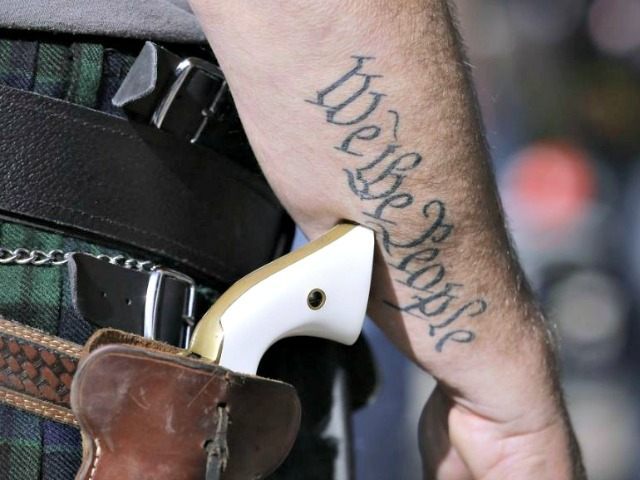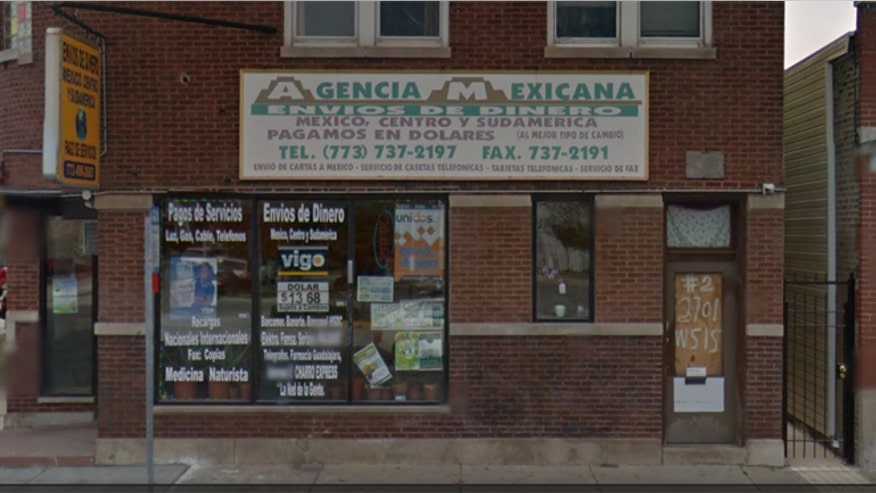The Constitutional Court of South Africa recently ruled that 300,000 gun owners must turn in their firearms.
This judgement came in response to the North Gauteng High Court’s ruling in 2017 which said Section 24 and Section 28 of the Firearm’s Control Act were unconstitutional.
A report from The Citizen explains what Section 24 and Section 28 entail:
“Section 24 of the Act requires that any person who seeks to renew a licence must do so 90 days before its expiry date Section 28 stipulates that if a firearm licence has been cancelled‚ the firearm must be disposed of or forfeited to the state. A 60-day time frame was placed on its disposal, which was to be done through a dealer.”
Now that the High Court’s initial ruling has been overturned, gun owners who failed to renew their firearms licenses must hand in their firearms to the nearest police station, where authorities will then proceed to destroy them.
Many naïve political observers will paint this event as a casual gun control scheme, but any astute student of politics will recognize that the floodgates are now open for further encroachments – not only on the gun rights of South Africans, but also on others facets of theirs lives.
A look at South Africa’s current political climate will give us an idea of the potential ramifications of this gun control scheme.
POLITICAL TROUBLE BREWING IN SOUTH AFRICA?
Though South Africa witnessed rising levels of economic freedom shortly after Apartheid ended in 1994, the country has taken a more interventionist path to economic development in recent years.
This situation is becoming more pronounced with the South African National Assembly recently voting 241-83 to amend the South African constitution to allow for land expropriation without compensation.
The socialist-leaning African National Congress (ANC) and the Economic Freedom Fighters (EFF) parties are leading the charge for expropriation under the banner of fixing racial disparities that have supposedly remained intact since Apartheid’s conclusion.
While land confiscation has not been officially finalized, South Africans should worry about the direction their country is going.
And how does gun control fit into this equation?
GUN CONTROL: A TOOL FOR TYRANNY
No matter how socialist apologists rationalize it, the redistributionist agenda the South African government is pursuing will not be implemented passively. Ultimately, it must be carried out by force.
The kind of force socialists seek is a monopolized kind, which extreme forms of gun control like gun confiscation help facilitate.
The history of gun confiscation is one of repeated cases of tyranny.
From countries such as Cuba to the Soviet Union, aspiring demagogues have used gun confiscation to disarm the populace. Logically, an unarmed populace will put up little resistance against their tyrannical acts.
In South Africa’s case, farmers and their workers are already suffering ongoing attacks against their property. One could only imagine what it would be like for these persecuted farmers once they are stripped of their right to self-defense.
For many Americans who have enjoyed historically unprecedented gun rights, South Africa’s gun control experience may seem distant and strange.
But make no mistake about it, South Africa’s latest flirtation with gun control is not based on good intentions, especially when considering the political climate the country is enduring.
South Africa should serve as a fair warning to Americans of the dangerous consequences gun control poses.








